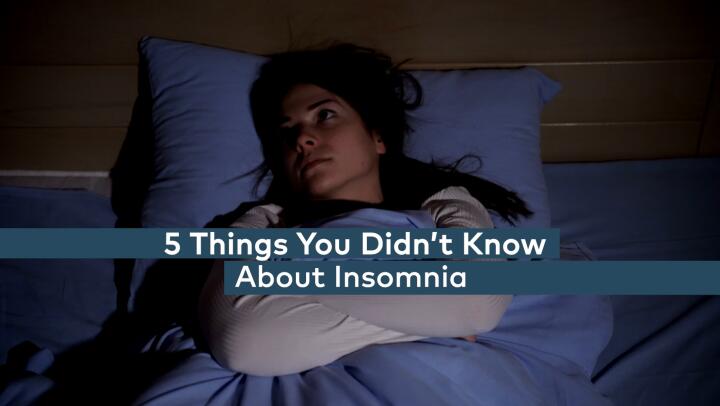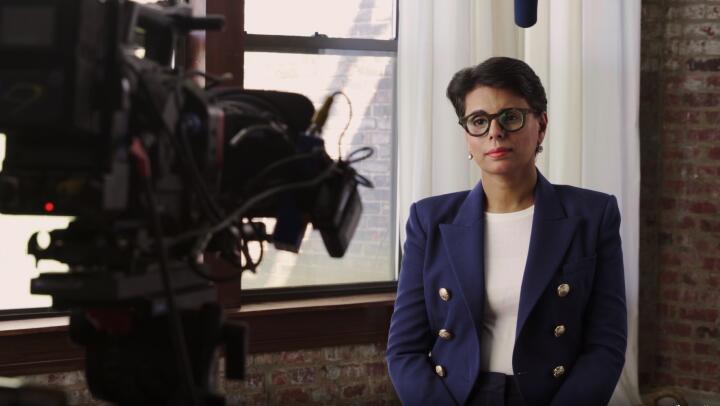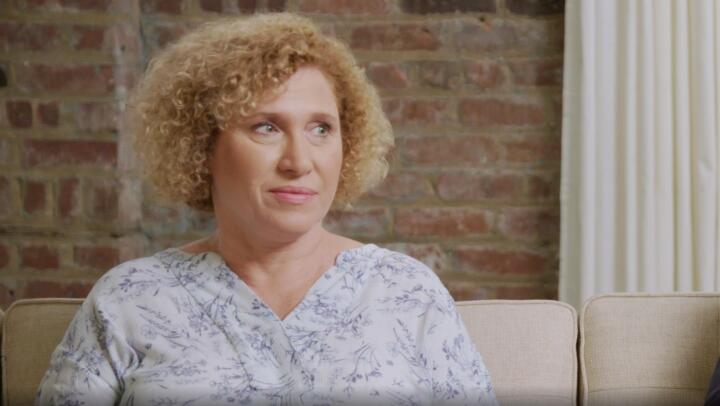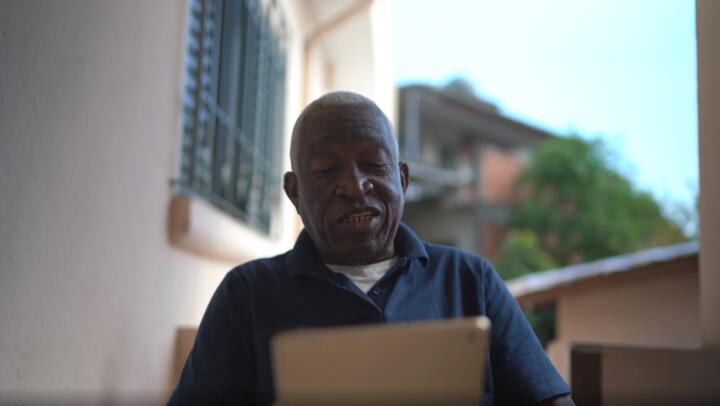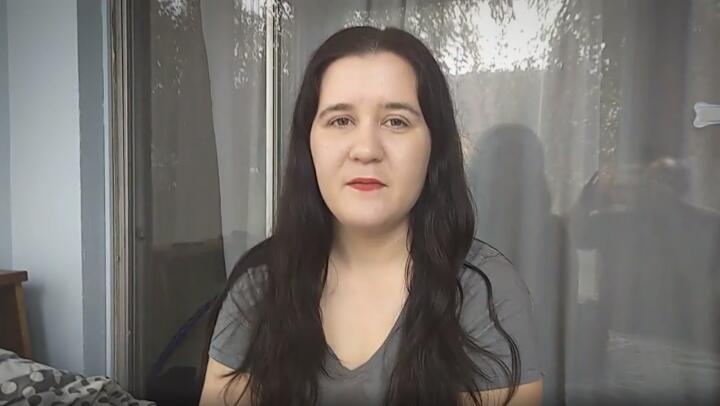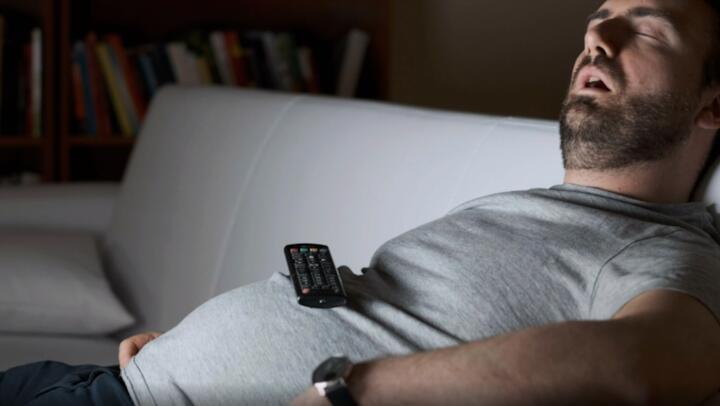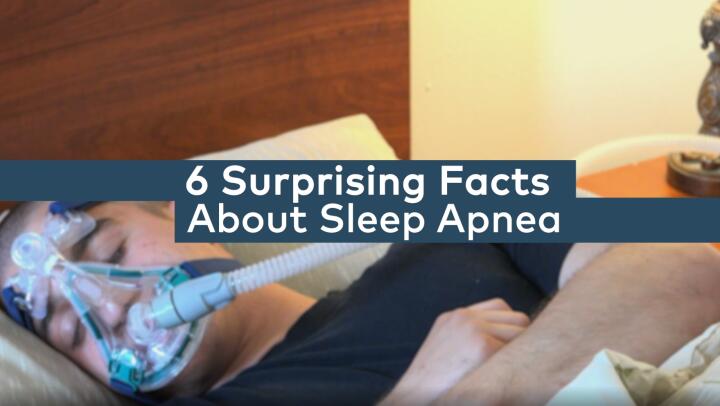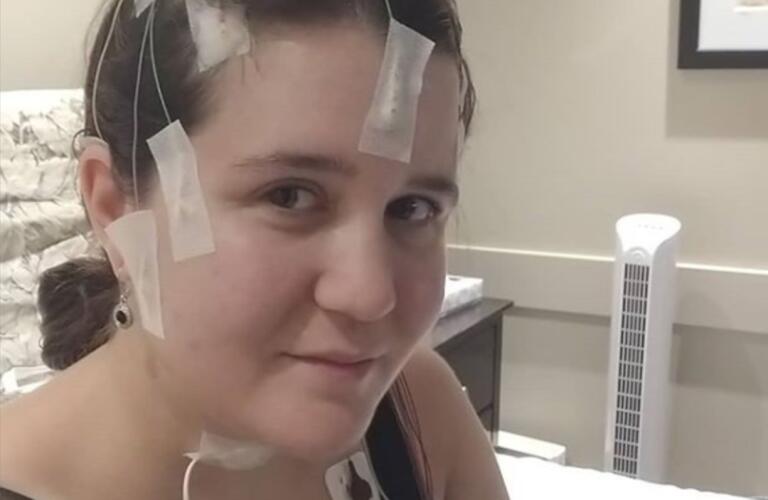
Congratulations! To treat your sleep apnea, you’ve been using your continuous positive airway pressure (CPAP) machine and mask consistently–that’s an achievement! However, you’re just not getting the “well-rested” feeling yet. What’s the deal?
Here are some steps to take if you’re compliant with CPAP usage but still experiencing ongoing fatigue.
CPAP machines have different levels of pressure and each person’s pressure needs vary. Even with a machine that automatically adjusts, you may need to narrow the pressure range to ensure your apnea events are reduced as much as possible. Only your doctor can change your pressure, so schedule an appointment to inquire about this.
Sometimes ongoing fatigue can be due to something fairly simple like anemia, a vitamin deficiency, or blood sugar issues. Ask your primary care doctor about ordering bloodwork to rule these things out.
Consistent CPAP use will ensure your sleep quality is good, but you do still have to make sure you’re getting enough hours in! Most adults need at least 8 to 10 hours of sleep each night. It can be hard for some people to make it happen, but don’t skimp on this–this guideline exists for a reason.
Though it’s rare, it is possible to have a secondary sleep disorder like narcolepsy or idiopathic hypersomnia along with sleep apnea. Ask your sleep specialist if you should do additional testing to explore this. If they are concerned, your doctor will send you for an additional sleep study called the “multiple sleep latency test” to determine how fast you fall asleep during a series of daytime naps. If a secondary sleep disorder is detected, certain medications can be prescribed to help you stay awake during the day.
When you’re consistent with CPAP treatment but not feeling any results, it can be really frustrating. However, remember it’s important to continue CPAP use even if you don’t necessarily feel different. Sleep apnea can significantly contribute to serious conditions such as heart attack, stroke, and other potentially life-threatening illnesses. Proper sleep is a huge part of living a long and healthy life, so be sure to keep using your CPAP while you explore ways to address ongoing fatigue.




